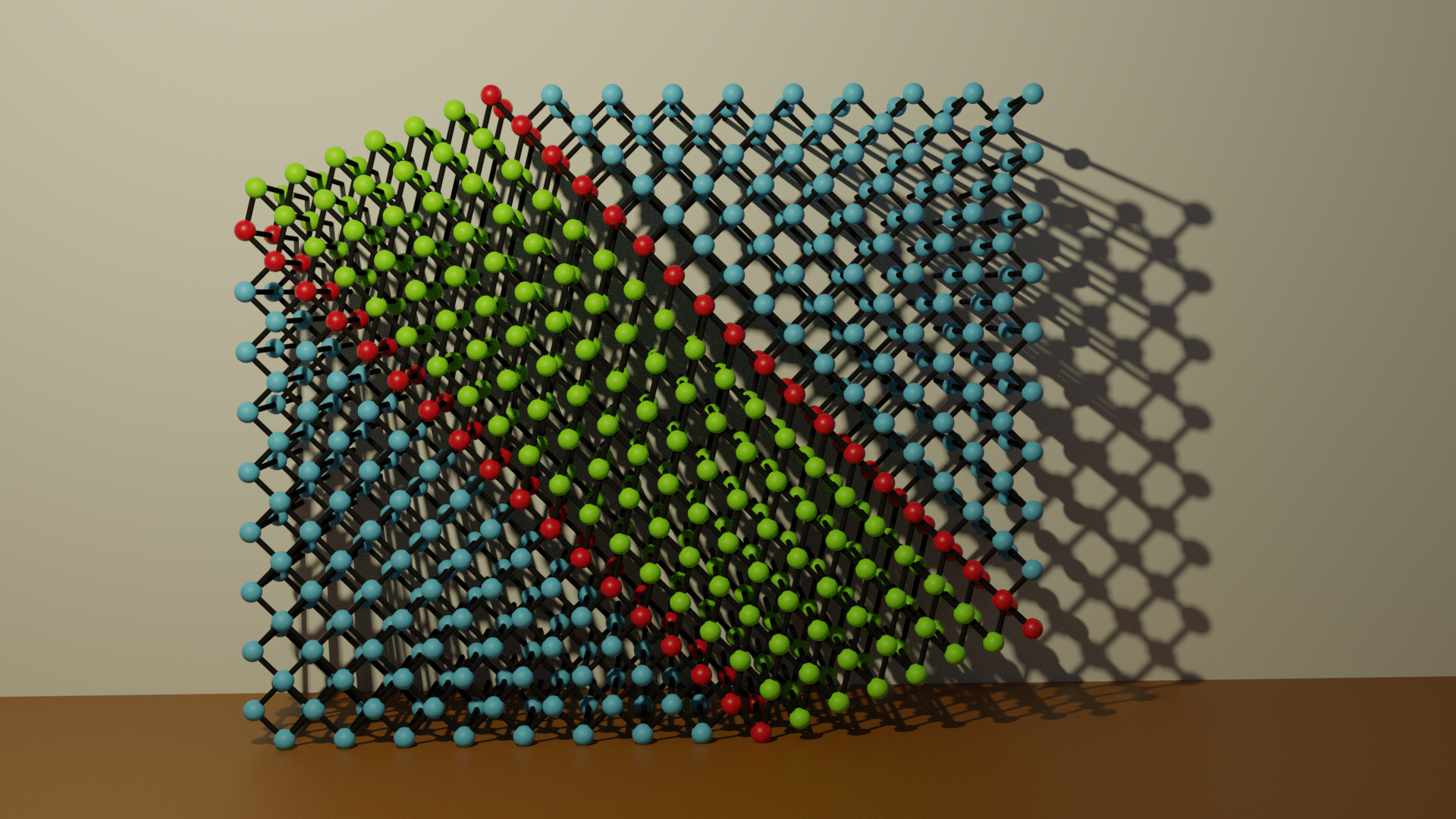S.M.J. Rogge
Unraveling the breathing in Metal-Organic Frameworks: from force fields to thermodynamic insights
Conference / event / venue
On the comparison of different barostat implementations for the prediction of the breathing behavior in MIL-53 frameworks
Conference / event / venue
On the comparison of different barostat implementations for the prediction of the breathing behavior in MIL-53 frameworks
Conference / event / venue
On the comparison of different barostat implementations for the prediction of the breathing behavior in MIL-53 frameworks
Conference / event / venue
Derivation of coarse-grained models for large-scale simulations of flexible materials
Derivation and implementation of equations of motion for isothermal and isobaric Molecular Dynamics simulations
Sven Rogge
Research interests
Strain engineering, structural characterisation of nanostructured materials, mechanical properties and behaviour, flexibility, solid-state phase transformations, bridging length scales through multiscale modelling, in silico material design
How to computationally identify next-generation functional materials for societal challenges? Finals of the Vlaamse PhD Cup 2018 (c) SciMingo.
Research biography
Sven Rogge is an associate research professor at the Faculty of Engineering and Architecture at Ghent University since September 2023. He graduated in 2014 as a Master of Science in Engineering Physics, after which he was awarded a Ph.D. fellowship fundamental research of the Research Foundation Flanders to develop simulation algorithms that interrogate the mechanical behaviour of metal-organic frameworks under temperature and pressure. He successfully defended his Ph.D., under supervision of prof. Veronique Van Speybroeck and prof. Toon Verstraelen, in 2018, after which he was awarded two subsequent postdoctoral fellowships from the Research Foundation Flanders. In these research fellowships, Sven developed new simulation techniques to
- describe polymorphism (notably, the pressure-versus-volume equations of states technique and the first observation of phase coexistence in metal-organic frameworks);
- access previously unreachable time and length scales (notably, the micromechanical model and its practical implementation in MicMec, and the origin of strain-rate hardening for forced liquid water intrusion);
- demonstrate the design potential of strain engineering (notably, designing flexible crumple zones in the rigid UiO-66 material).
In 2023, he was awarded a Starting Grant from the European Research Council to establish strain engineering as an in silico technique to control solid-state polymorphism in functional nanostructured materials. In that same year, he was elected as member of the Young Academy, the youth academy of the Royal Flemish Academy of Belgium for Science and the Arts (KVAB), and as member of the Federal Board of Research Policy (FRWB).
Teaching
Co-lecturer of both Bachelor and Master courses in Engineering Physics, including Quantum Mechanics I and Modelling and Engineering of Nanoscale Materials.
Additional information supporting the published manuscripts can be found here.

